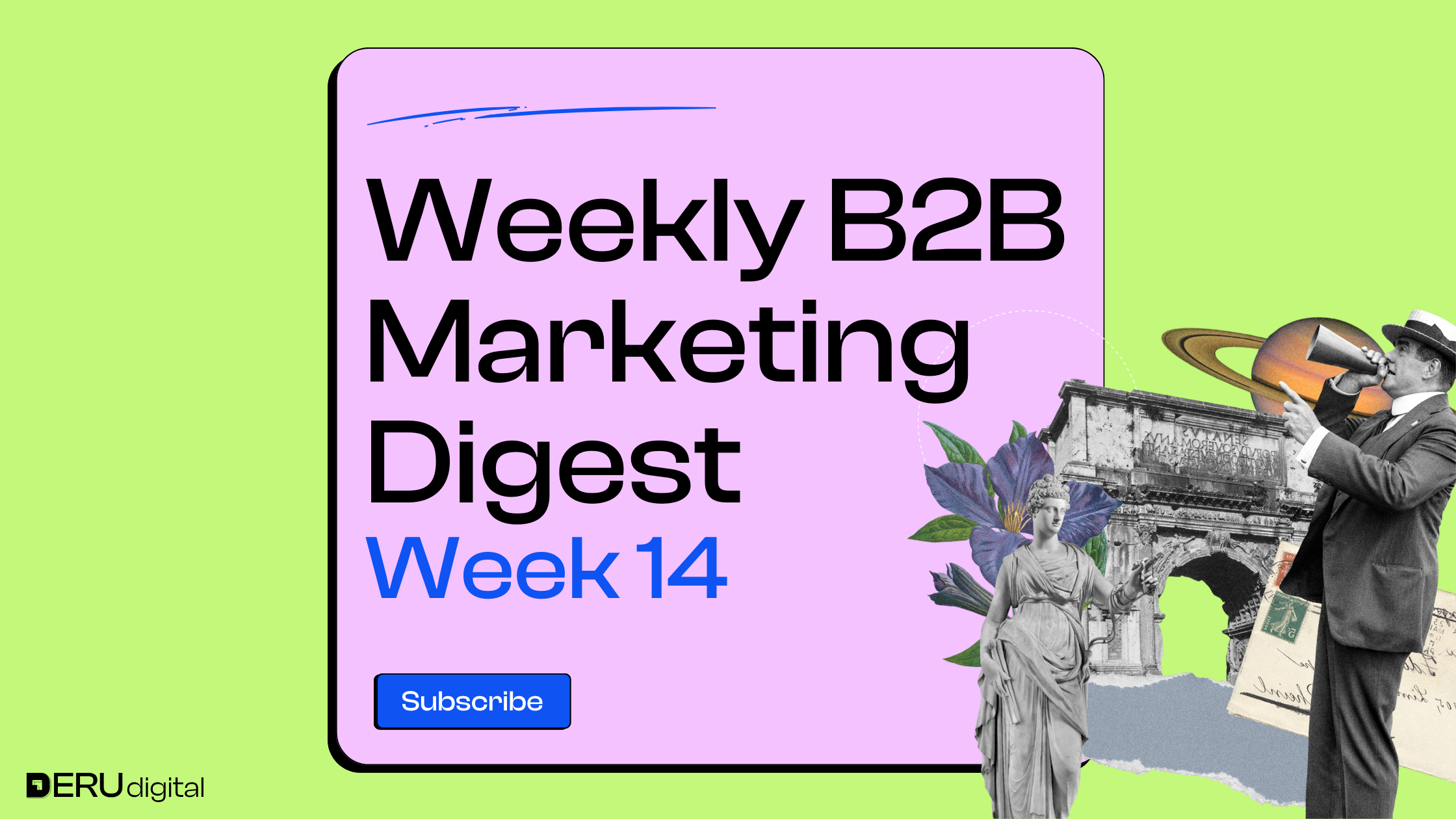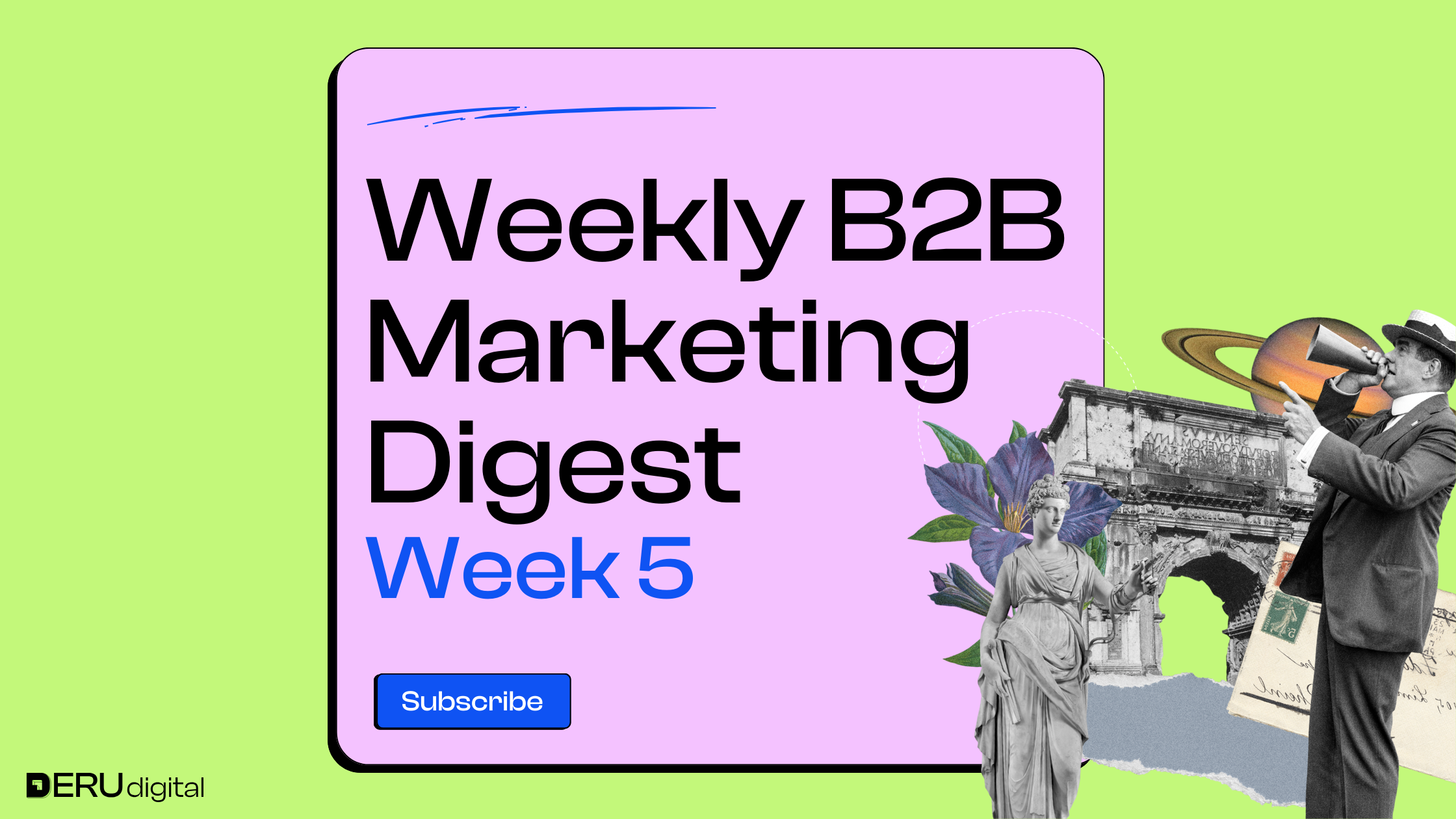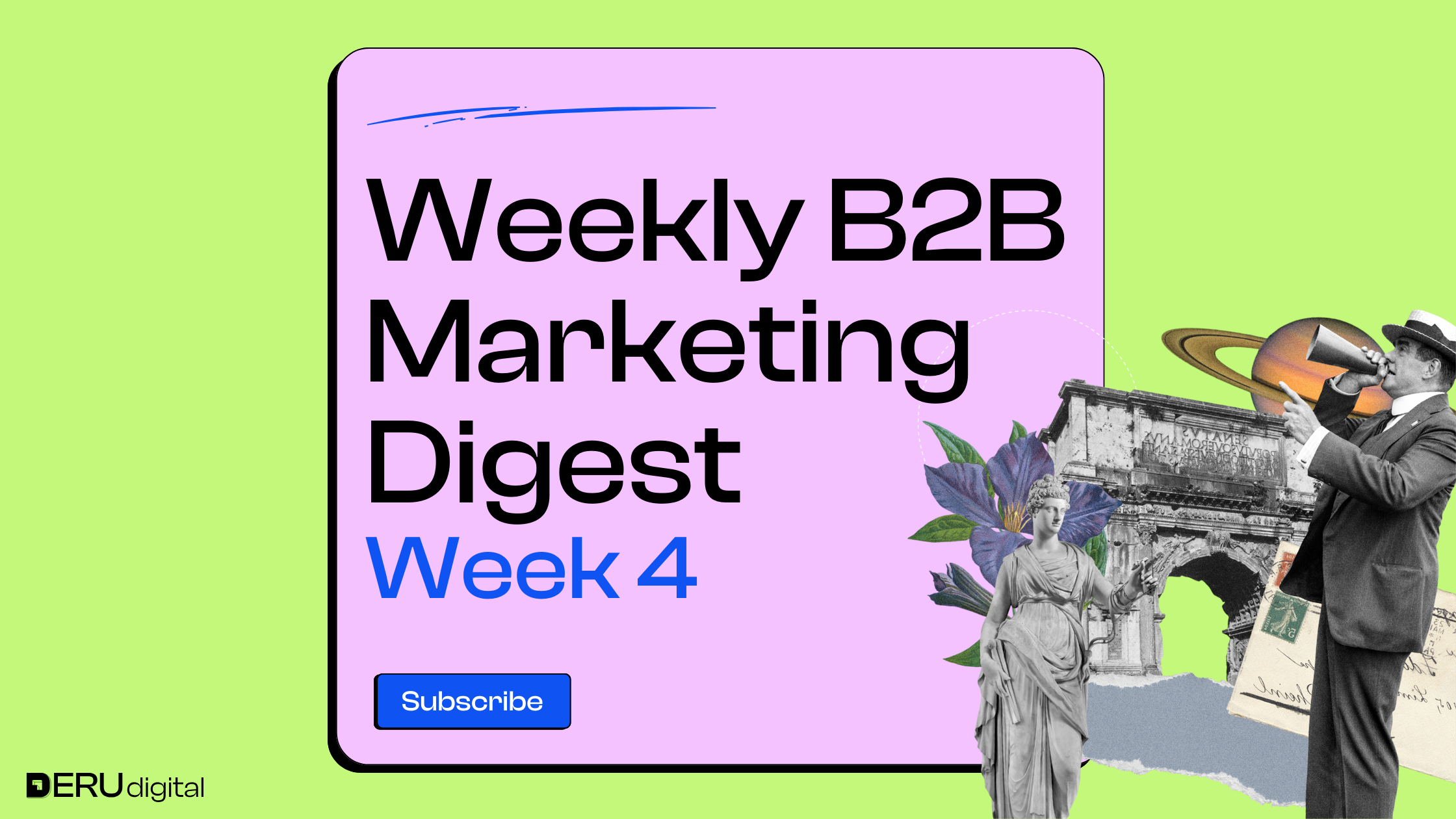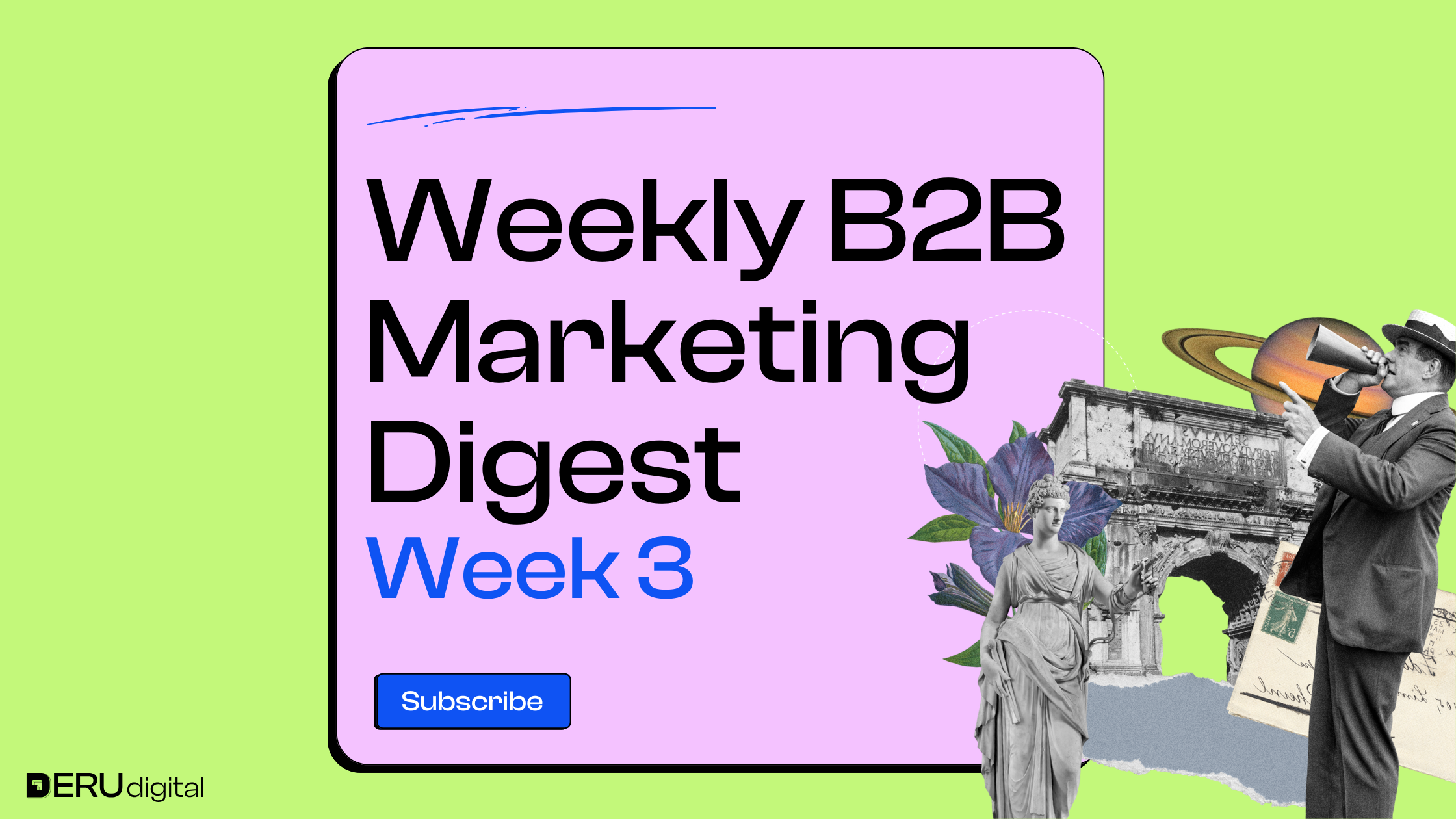INSIGHTS FROM EXPERTS ON LINKEDIN
Justyna Ciecierska, MSc challenges the idea that marketers create demand from scratch- you’re actually redirecting existing demand from competitors and old solutions. To compete effectively, you need to clearly define your category, audience, competition, and unique advantage before launching content. Without this clarity, your demand gen efforts could just turn into expensive noise that doesn’t drive conversions.
Jonathan Bland explains how Google will start penalizing misleading landing pages in 2025, which could lead to higher CPCs, lower ad rankings, and poor conversion rates. The key takeaway? If your landing pages don’t offer clear, relevant navigation aligned with what users are searching for, Google will demote them. This update reinforces the importance of creating a buyer-friendly experience, not just a flashy funnel.

Mike Ryan uncovers a surprising issue with Google’s Search Partner Network (SPN): it doesn’t honor your max CPC settings and may not support your chosen bidding strategy. SPN often delivers worse performance than Google Search, with 37% lower ROAS for Shopping ads, yet still influences campaign results. This hidden bidding behavior means your campaigns could be unintentionally optimized for goals you didn’t choose.

David Blinov argues that B2B deals aren’t lost because your value prop isn’t clear – they’re lost because you failed to convince the whole buying committee. Research shows most deals stall due to internal misalignment, and even superior products get rejected if the group isn’t familiar with the vendor. Great marketing should be built to win over the entire room, not just one person.
Preston 🩳 Rutherford shares a candid CEO–CMO exchange on why “brand marketing” gets such a bad rap – because it’s often seen as vague, unmeasurable, and disconnected from real business outcomes. The solution? Reframe brand efforts around specific financial goals like reducing discounting, increasing branded search ROI, and improving wholesale presence. When marketing ladders up to profitability, brand investments finally make sense to leadership.

Tas Bober challenges the obsession with short-term conversions in B2B marketing, pointing out that real buyers take time – often 30+ touchpoints – to make decisions. Most B2B marketing strategies are still stuck in a volume-based, lead-chasing mindset that ignores how buying really happens. To earn trust and meaningful results, marketers need to shift from manipulation to guidance, and from instant wins to long-term understanding.

Ivars Krutainis 🦦 says LinkedIn B2B campaigns shouldn’t have an end date—you keep them running as long as they’re working. Since most buyers aren’t ready to purchase right away and sales cycles can take months, staying consistent is key. Think of it like an oil rig: you keep it going while it’s producing results, and only stop when it’s really done.
WHAT'S NEW IN THE INDUSTRY
Reddit Ads has introduced features to help small businesses run better campaigns, including easier Meta ad imports, simplified campaign reviews, and improved conversion tracking through Google Tag Manager. These updates aim to make Reddit’s ad platform more accessible while giving SMBs better visibility into campaign performance. With long sales cycles and niche audiences, Reddit wants to help businesses run smarter, always-on campaigns.
Google has updated its policy to let advertisers show multiple ads for the same business on one search results page – as long as they appear in different ad slots. While this could boost visibility and clicks for big brands, it may also increase competition and costs for smaller advertisers. Marketers will need to adjust strategies as this change rolls out on April 14.
Starting May 5, Microsoft Advertising will require advertisers to send clear user consent signals to comply with global privacy regulations. Consent Mode adjusts how cookies are used based on user preferences, helping businesses stay compliant while still tracking performance. Companies can implement this using Microsoft’s tools, the IAB framework, or platforms like Google Tag Manager.
Amazon has unexpectedly entered the race to buy TikTok just days before the app could be banned in the US, though officials aren’t taking the offer seriously. TikTok, with 170 million US users, must cut ties with parent company ByteDance by this weekend or shut down. While other tech giants like Microsoft and Oracle are also in talks, the political and legal drama around the app continues to intensify.
Google will start using merchants’ existing marketing emails and materials – like promotions, social links, and brand content – to automatically enhance listings across Search, Shopping, and Maps. All merchants are enrolled by default, though they can opt out through Merchant Center. While this could save time and increase visibility, some worry about brand control and whether it’ll actually drive meaningful traffic.

Google Analytics has launched Generated Insights, a new feature that uses AI to detect and explain data anomalies in plain language – like sudden drops or spikes in conversions. It helps marketers quickly understand performance changes and make faster, smarter decisions without digging through endless reports. This is part of Google’s wider push to make AI-powered tools more accessible across its platforms.

That’s the scoop for this week! If you found this valuable and any useful insights caught your eye, feel free to share them with your network.
Until next week!



